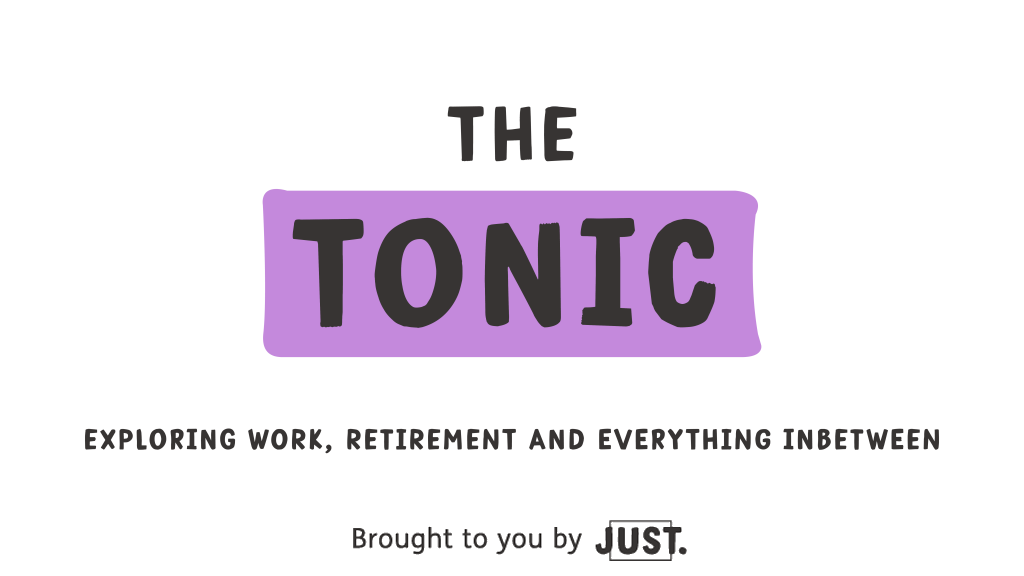Many of us assume that once we retire we will have a life of leisure. Having fun and doing all the things we can’t do when we’re working.
But there is a down side to retirement that is often overlooked – with feelings of boredom, or displacement rearing their heads. Perhaps a sense of being useless and redundant. There are ways to avoid becoming depressed in retirement though. We asked therapist Becky Moore, from Living Well UK, to give us some advice…
I’m free!
When people are approaching retirement, it is often with a great deal of excitement about all sorts of things; no longer having to endure being woken by the alarm clock at 6AM every morning, the daily fight through traffic or the commute on public transport. Also saying goodbye to work related stress, long hours, colleagues, office politics, and all manner of other things.
It can then come as a surprise when people retire and find their mood and mental health suffers. The Journal of Population Ageing finds those who have retired to be twice as likely to report feelings of depression. A general assumption is that when people retire, they will be happy. Those working often envious that they are still going to work whilst others enjoy the freedom of no longer being in the work force.
Yet there are several factors that can contribute to the development of depression in retirement, and this can emerge at any time. There are many reasons for this, and this is by no means an exhaustive list, but rather things I have come across in my practice.
A sense of purpose
The first thing that comes to mind is around purpose. When we work, we have a role that shapes – in varying degrees – our sense of identity; role and purpose can feed our sense of self-worth. When we finish working, we can be shocked by how we suddenly feel lost, and feel our confidence drop.
Even the mundane aspects of work provide a routine and we might not realise how that structure supports our emotional wellbeing. We know who we are, where we are going, and what we are doing.
As well as this, there are things to enjoy, at work we achieve things, have relationships, we may get rewards, we might feel stimulated, challenged and love what we do. When facing retirement people think of the things that they are pleased to not have to do but maybe less time reflecting on what will it be like? What things might be lost and how can we prepare for this to ensure that we continue to enjoy positive emotional wellbeing amidst this period of change.
Weighing up how successful you’ve been
We tend to retire later in our lives, and developmental psychologist Erik Erikson believes that from 65 years on we are in a period of contemplation about our lives1. If we feel we have led successful lives we may continue to feel positive. But at times people may reflect on life and be dissatisfied with how they have lived. Things that have befallen them may leave them feeling they have not had a life they deserved. And that in turn can lead to feelings of anxiety and depression. Because maybe there now isn’t time to resolve these past issues.
Bad news is more common
Several people I have worked with have reached retirement with a plan of what that retirement will look like. But then bereavements, loneliness, isolation, or perhaps a decline in health has meant the retirement they planned for and approached with great anticipation is now not viable. This leaves them with lots of difficult feelings to manage.
It’s good to be prepared for these things. Ageing is a gift, but there are often bumpy bits we’d rather not have with it.
How can you improve things?
Everyone’s experiences are unique to them and if you think that you are struggling, take a moment to reflect. What have I noticed about my mood? Have I been lacking enjoyment in day-to-day things, experienced feelings of hopelessness? Maybe you have notice changes in sleeping patterns, eating habits, libido, or levels of irritability? If this sounds familiar, then seeing your GP can be the first step to getting some help.
Exploring the cause of something can often lead to the solution. If you think you are suffering because of a change of role and lack of purpose, maybe now is the time to find a new one? Volunteer or study that thing you never had time to.
Has the sudden loss of routine left you uncertain how to spend your time and lacking in motivation? Maybe it’s time to develop a new routine based on the things you enjoy and want to do that include self-care, fun and contact with others.
Getting out and about and staying fit
Loneliness and feeling isolated can really impact people’s emotional wellbeing. So having contact with people at the gym, social groups etc can make us feel like we belong. We realise we are not alone, and we are loved, which are great feelings to have.
I am a walking therapist in my work at Living Well UK, a counsellor; and my therapy room is the great outdoors, which has numerous therapeutic benefits for my clients suffering with depression. Talking therapies, guided self-help, and CBT are all useful in relieving depression, but a good walk can work wonders too, even if you don’t feel like it.
The Silver Line operates the UK’s only confidential free helpline for older people 24 hours a day 365 days a year, they also facilitate telephone friendship matches with volunteers so could be a great source of help for people who find themselves a little lost and not sure who to turn to.
Becky Moore has over 20 years of experience and you can find her practicing at Living Well UK
Understanding what you need to know about retirement is the first step to feeling more confident about your future. Get your free Pension Buddy Plan now in just 5 minutes.
1 Read more about Erikson’s Stages of Psychosocial Development here






Add comment